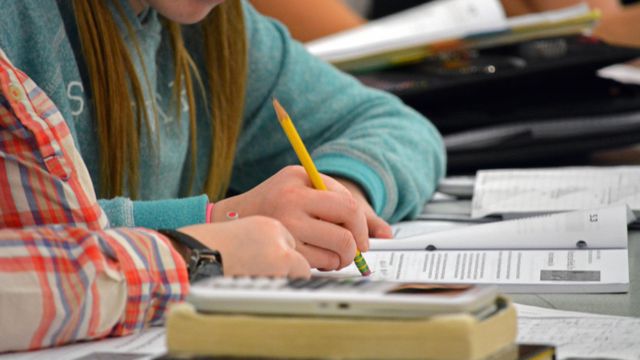Afterschool program helps teens find positive behaviors through peer-to-peer coaching
Before the pandemic, school safety was a major concern for the North Carolina Department of Public Instruction.
Posted — UpdatedBefore the pandemic, school safety was a major concern for the North Carolina Department of Public Instruction. They issued a state-wide challenge. The best proposal received state funding.
"So we created this program and we piloted it in Granville County," said Gale Wilkins, who received a degree in women’s leadership from N.C. State University and has training in youth advocacy.
She used evidence-based training to put students in charge of changing attitudes and behaviors.
"Why don’t we teach young kids, middle and high school kids how to coach each other, peer-to-peer coaching," was the question Wilkins thought to herself upon taking the DPI challenge.
Wilkins says the program focused its attention first on discouraging substance use, bullying and bringing weapons on campus. With parental support, she said, participation steadily grew beyond 200 students.
Butner-Stem Middle School student counselor Joe Williams, Jr. said, "We were able to interact with over 500 students in this particular county which is amazing, because in this small county, often times, our students do not have access to this type of material."
Project Arrow also expanded to include students in alternative schools and "teen court" which is a problem solving court within the juvenile justice system.
Even when COVID-19 began to dominate school conversations, the life-coaching program remained relevant and active with an online presence.
District leaders believe the approach is needed across the state. "Project Arrow is one of those rare programs that truly empowers students. And this program provides support structures, techniques and a frame work to help students cope with the emotions and the challenges that they’ve been facing," said Stan Winborne, associate superintendent for curriculum, instruction and student services.
It began with a call to action from Wilkins. "Why should we wait for our kids to become adults to give them the tools and skills to be successful?"
• Credits
Copyright 2024 by Capitol Broadcasting Company. All rights reserved. This material may not be published, broadcast, rewritten or redistributed.





